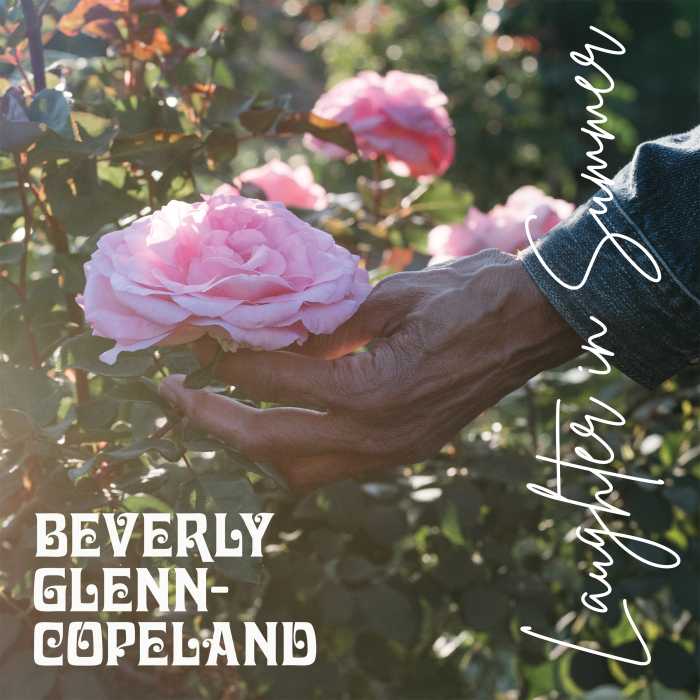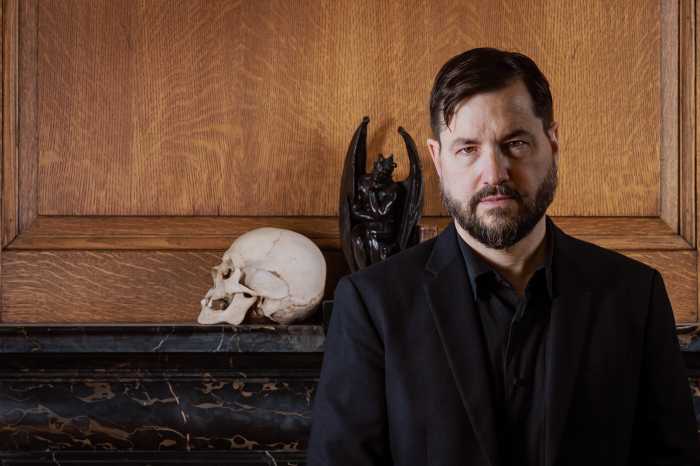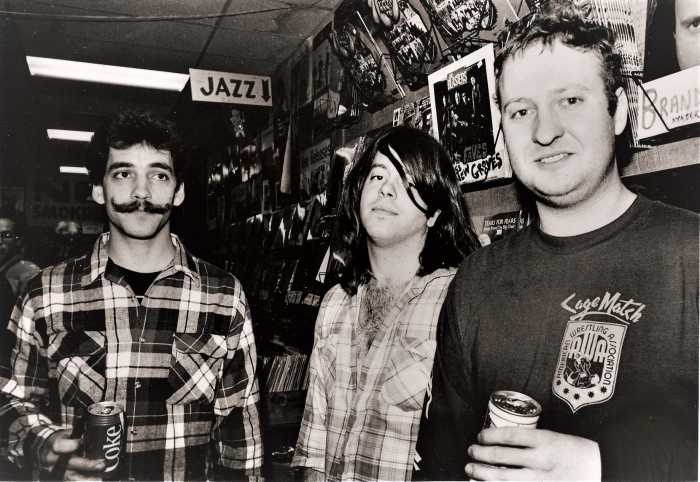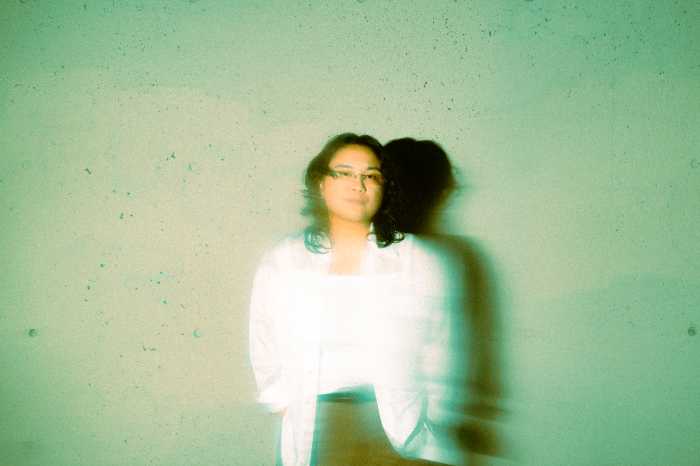Handel's “Giulio Cesare” clever, convincing; Bellini's “Capuleti” more awkward.
By: ELI JACOBSON | The Glimmerglass Festival this summer is presenting four operas by Bellini, Wagner, Handel, and Cole Porter, all on Shakespearean themes. A unit set for all four operas by John Conklin presents a curved series of arches with an upper walkway similar in design to sketches of the Old Globe Theater. However, three of the four operas are really only Shakespearean by association.
Bellini's “I Capuleti e i Montecchi” (1830) is based on a tragedy by Luigi Scevola drawn from earlier Italian sources like Bandello. The storyline and character distribution differ significantly from Shakespeare's treatment. The lovers are already involved, but their discovery forces them to focus mostly on flight from their warring families, leaving little time for their romantic interaction.
The Glimmerglass production directed by Anne Bogart was musically strong but dramatically awkward and unimaginative. The decision was made to place the period sometime in the late 19th or early 20th century, sparing the cast expensive and potentially unflattering tights and doublets. The men sported high collared shirts, dark slacks, and the ubiquitous long dark coats of updated opera — here in black leather. Giulietta wore a series of flowing long gowns of indeterminate period, and stripped down to vintage corset and petticoats even when receiving male visitors.
Bogart's direction was particularly awkward during the stand-and-sing sections involving the male chorus, when unmotivated unison gestures abounded. Swords and pistols seemed to be beyond the resources of these Veronese toughs, so kung fu poles were used instead. Metal benches and chairs were strewn around to suggest scene changes, but we got no real sense of a convincingly specific milieu.
Bogart's staging of the intimate scenes between the lovers was much more convincing abetted by a strong pair of leads. Mezzo-soprano Sandra Piques Eddy was ill and replaced by Emily Righter in the trouser role of Romeo. A 23-year-old member of the Young American Artists ensemble currently completing a masters in music at Yale, Righter had already stepped in at earlier performances. She has a slender but darkly vibrant mezzo reminiscent of the younger Susanne Mentzer, with beautiful legato phrasing — though her loud high notes could be more secure. However, for such a young artist, this was a staggeringly poised and promising major role debut.
Sarah Coburn, a much more experienced artist, looked just as young and dewy as Giulietta and sang with a glowing, soaring soprano. Coburn's soprano is dazzlingly focused with accurate intervals and spot-on high attacks giving musical pleasure at every turn. She also is a natural and sympathetic actress with a delicate but intense stage presence.
The rest of the cast was solid, headed by tenor John Tessier's monochromatic but even-toned, firmly sung Tebaldo. Soon Young Park as Lorenzo and the young-looking Christopher Job as Capellio provided firm low-voiced support.
Conductor David Angus did a solid job in keeping ensemble and forward moving tempos. Others have found more lyricism in Bellini's score while cleverly disguising the makeshift passages.
Robin Guarino's direction of Handel's “Giulio Cesare in Egitto” was also updated to the early 20th century but was much more clever and convincing. This opera has a stronger connection to Shaw than Shakespeare; the Bard dealt with the separate tragic destinies of Julius Caesar and Cleopatra, not their early romance in Egypt.
Set in the 1920s or 1930s, the Romans were presented as uniformed Western military invaders while the royal Egyptians were costumed by Gabriel Berry in a Hollywood version of Middle Eastern “exotic” surrounded by turban-wearing guerrillas in mufti. Both sides were capable of savagery and cruelty, the Egyptians more open in their war crimes while the Romans covered it over in military “procedure.”
Several characters came close to being victims of rape and torture at the hands of one army or the other.
Coloratura Lyubov Petrova sparkled as Cleopatra, sharing her enjoyment of her machinations, romantic and political, with the audience.
Her final showpiece, “Da tempeste,” was the brilliant culmination of a performance that combined vocal brilliance with personal charm. The Russian soprano's current absence from the Met roster where she often outshone the artists she covered or replaced is a puzzle.
Up and coming mezzo-soprano Laura Vlasak Nolen confirmed her credentials as a voice to watch, with a rich-toned and vibrant performance as Giulio Cesare.
Leading the supporting cast were Canadian mezzo-soprano Lucia Cervoni as the widowed Cornelia and countertenor Gerald Thompson as the villainous Tolomeo. Cervoni, a member of the Young American Artists ensemble, was lovely to listen to, with a contralto colored tone that never became lugubrious but also was glamorously beautiful to behold, making the widow of Pompey a totally convincing object of Achilla's and Tolomeo's lust.
Thompson's brilliant high tones created an edge of hysteria that straddled the borderline between the ridiculous and dangerously unstable.
French mezzo Aurhelia Varak was a touchingly intense and youthful Sesto visually, but her voice was dulled by indisposition.
David Stern, son of violinist Isaac Stern, led a stirring performance with period instruments of a streamlined edition that cut several arias for each character but presented each da capo aria with full repeats. It was a stylish evening musically, and the dramatic presentation made us question current East versus West entanglements and the human cost of war.


































